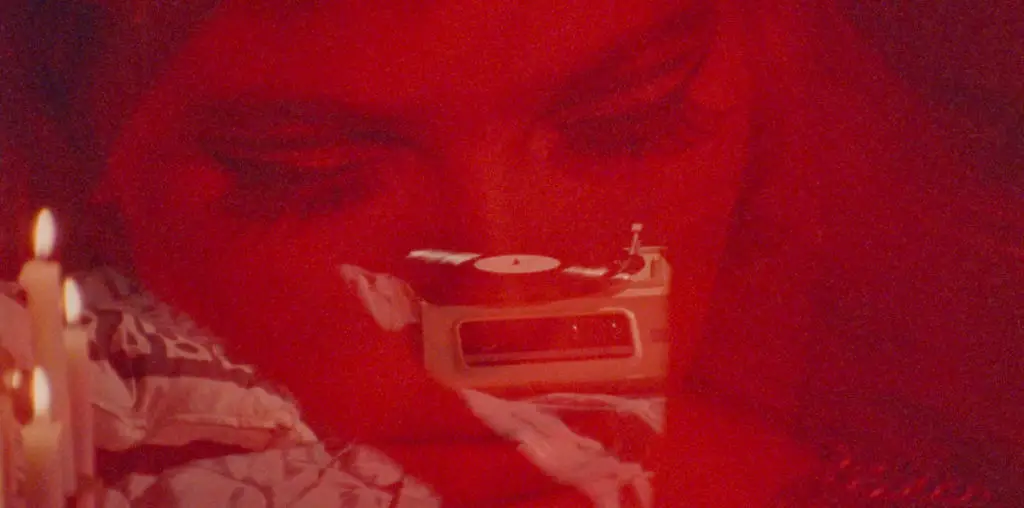
If filmmaker Adam White’s pilot for a game-reality show is ever picked up by a major television network, Americans across the country would be privy to forty-three minutes (minus the commercials) of what involuntary participants are willing to do and believe. White describes “Balls” (2004) as a combination of “Fear Factor” and “Candid Camera,” though his show is neither about fear nor informed candidness.
For completing tasks the fastest, the winner of “Fear Factor” gets $50,000 as well as an affirmation from host Joe Rogan that, “obviously fear is no factor for you.” While there is no winner in “Candid Camera,” there is a victim of a prank who later finds out, “you’re on ‘Candid Camera’!” The winner of White’s game wins $50,000 but not the glee of telling people that they’re on a hidden-camera show.
The concept behind “Balls”, the game that asks the question, “what’s hanging,” is that contestants perform tasks which involve calling attention to themselves, persuading unknowing participants to do something for them, and saying a “key phrase” as part of their antics. For instance, as seen in the pilot episode, the tasks require the contestants to obtain the most signatures for a petition that would legalize supervised drag-racing for kids in residential neighborhoods; to persuade golfers to try a “3-Step Mega Drive;” to earn the most money dancing on the street; and to get as many samples from a Baskin Robbins as possible.
In order to win, one must have the highest score, which is determined by three factors: how much they’ve bet (a nod to “The Price is Right”), style merit for performing a task, and whether or not they’ve done better than their opponents. Execution of task is judged by an “expert” who then awards bonus points to the contestant that incorporated the best “artistry.” Points are also given to whoever actually gets the most signatures, 3-Step Mega Drive swingers, money from dancing, and samples of ice cream. There’s a slight catch, though. Before each task, the contestant places a “bet” that doesn’t appear to do anything except for make whoever bet the most to be exempt from the activity, thereby eliminating their chance to win points for one round.
“Balls” is unquestionably a fake pilot, but it has a surprisingly workable (if not wicked) premise for a real game-reality show. The people who are the butts of the jokes on “Punk’d,” “The Jamie Kennedy Experiment,” “Motormouth,” and even “Boiling Point” always learn in the end that they’ve been on a TV show. But the unsuspecting public in “Balls” doesn’t know that a complete stranger has convinced them to sign a fake petition, to try a golf swing that will only make them look like idiots, to give a bad dancer a dollar for a dance, and to indulge a customer’s request for sample after sample. The contestants themselves may look like fools, but the joke is on everyone else. Intentionally or not, Adam White’s “Balls” provides an intriguing insight into human behavior, social psychology, and just might cause you to ask yourself who else knows you’ve signed a petition for Responsible Adults Creating Excitement 4Kids.
